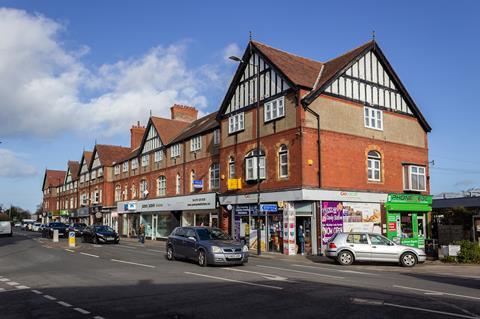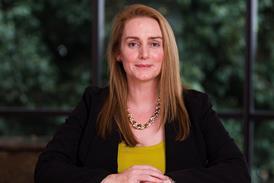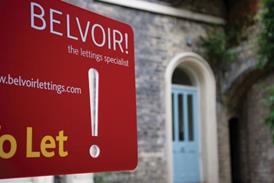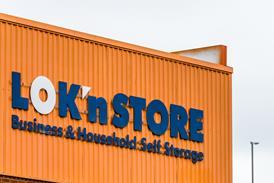In mid-August, the streets of suburban West Kirby in Merseyside were busier than the usually thronged arteries of central London.

By contrast, the UK’s capital had the rather surreal feel of a permanent Sunday afternoon, lacking the usual hustle and bustle, and while London may be the extreme, the halt to travel, both international and domestic, has brought a similar, somewhat eerie feel to Birmingham, Edinburgh and Manchester, too.
Surely, once we have a vaccine the metropolitan centres will be back to their normal intensities?
Hmm… I am no expert on inoculation, but one senses that despite all the effort, including Russia’s recent claim to be first past the post, a vaccine may not be a panacea to all the ills currently being experienced by our once great cities.
Questions that cause concern on this front are numerous. Will an effective vaccine be created for Covid-19? Will there be a Covid-20?
What about the conspiracy theorists and risk-averse people, who could prevent uniform uptake of any vaccine? And even with an effective barrier, how long will it take for full immunity to take hold?

Meanwhile, new behaviours and ways of living are becoming more ingrained. Relatively simple and pre-existing technology has transformed the working life of millions of people who have become accustomed to working from home (WFH).
While there is genuine concern for the welfare of many (often young) people imprisoned in an apartment bedroom lacking social interaction and engagement, many others are welcoming not having to commute and enjoying more family time while proving to their employers that they are productive – in many cases more so than in an office.
A game changer
Wholesale WFH is a game changer, something that still has to be understood by Britain’s major cities and landlords.
Urban centres are likely to bear the brunt of the economic adjustments emerging from the coronavirus crisis – a change that again, with each week that goes by, becomes more substantial.
The hospitality and entertainment industries are being decimated by disease restrictions, leading to restaurant and hotel closures and job losses and less travel.
Wholesale working from home is a game changer for the built environment
Shore Capital estimates that food and beverage capacity will contract by around 20% to 30% because of the pandemic in the UK, most heavily in city and travel centres.
With all this change, the flip side of folks avoiding urban centres is that they are spending a lot more time, and money, in suburbia, where there has been a step change in online retailing from the sofa.
Aside from supermarkets, we have also seen busier butchers, community pubs and neighbourhood centres, while demand for online fulfilment resources continues to build.
As folks spend more time at home, they are also paying more attention to the state of the house and garden, supporting DIY retailers and garden centres.
Time will tell whether businesses decide at a wholesale level to adjust operating models and open greater office/leisure space in the suburbs while seeking to downsize and exit existing city centre facilities.
However, if today’s behaviour represents any form of new norm, one can expect significant adjustments to real estate activity in and around Acacia Avenue.
Dr Clive Black is director at Shore Capital Markets






























No comments yet